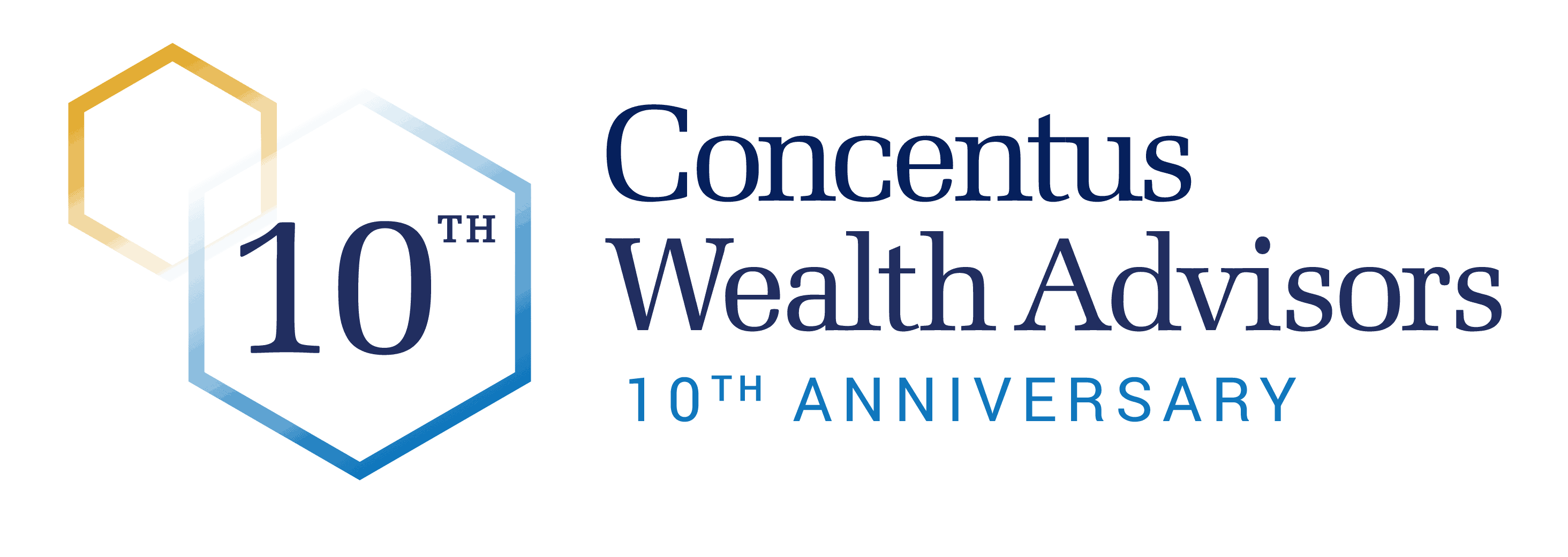“Man is a wanting animal and rarely reaches a state of complete satisfaction except for a short time. As one desire is satisfied, another pops up to take its place.”
– Abraham Maslow
In my 30-year career working with successful individuals and families to plan their wealth, I have found that money has no intrinsic value in and of itself but that most people aspire to use their wealth as a tool to live a meaningful and high-quality life. Although the accumulation of wealth offers the security required to enable successful people to focus their time and attention on doing what is most important to them, the real goal is to be happier and more fulfilled as a result. Personal values have tremendous power over human behavior, and I have observed that most successful people yearn to use the freedom that their money affords them to live according to those values.
But before that happens, they must get over their preoccupation with their money – and whether they have enough to “feel secure.”
This desire for wealth accumulation is understandable because the need for security is hard-wired into human behavior. In 1943, respected psychologist and author Abraham Maslow (1908-1970) introduced a groundbreaking concept known as Maslow’s Hierarchy of Needs to explain human motivation. In this framework, Maslow asserted that “man is a wanting animal,” and all human beings are in a constant quest to fulfill our wants and desires. As we fulfill our desires, we may achieve a brief period of satisfaction, but before long a new “want” comes along that requires effort and striving to achieve.
Our wants invariably begin with a strong desire to secure the resources we need to provide for our physical safety and well-being. But ultimately, we all share a desire to realize our full potential, and to reach a level Maslow called “self-actualization,” the highest state of being. Self-actualized people live in complete harmony with their values and have achieved their greatest potential. They are capable of great significance in life through meaningful relationships with the outside world and enjoy a sense of happiness and peace as the result of reaching this peak of human development.
Maslow’s Hierarchy of Needs
According to Maslow, getting to self-actualization is not easy, and we must first travel through certain lower levels of human existence (see chart below) in his hierarchy before we reach this highest state of being. Humans must travel through all five levels, and one cannot ascend to the next level until the needs in the lower level have been permanently satisfied.

Maslow’s work on human behavior has been studied and refined since his death, and many have consolidated his five-level “hierarchy” into three important levels:
- The need for security. This level involves meeting our material needs, such as safety, shelter, food, health, and security of employment and resources.
- The need for community and belonging. This involves developing strong and lasting relationships and loving connections with the world, including family, friends, colleagues, business, and social acquaintances. These needs are important to our feeling of esteem and self-worth.
- The need for self-actualization. This highest level involves living a life of significance and meaning, fulfillment and personal transcendence. Our lives become the highest expression of our values and embody the things that are most important to us in life.
The Values Conversation
At Concentus, our wealth management process is strongly influenced by Maslow’s beliefs and deals with far more than simply managing our clients’ money. Instead, we help clients to identify the values that matter most to them and that will help them live more fulfilling lives, use their money and talents wisely, and shape their future legacies. We use a strategy that we call the Values Conversation, which helps clients to explore and articulate their most deeply held values and make a written record of what is most important to them. The conversation begins with the following question:
“What’s important about money… to you?”
After responding to this question, participants are then asked a similar question, based upon their response to the original question. For example, if the answer to the first question was “security,” the second question would be:
“What’s important about security… to you?”
In turn, the response may be: “Having security allows me to do what I want to do, when I want to do it. This provides me with a great sense of freedom.” Again, following this exercise, we then pose a similar question, based upon their last response. For example, if the answer to the last question was “freedom,” the next question would be:
“What’s important about freedom… to you?”
This same pattern of questioning continues until the participant has explored and identified their deepest and most important values, such as independence, pride, providing for family, accomplishment, achievement, balance, making a difference, fulfillment, spiritual attainment, inner peace, and self-worth. Very often our clients experience a powerful emotional reaction, as they consider the importance of their values, and their deep gratitude for the opportunity to live in harmony with them. This exercise reminds us of our burning desire to achieve a state of self-actualization and to realize our values in life.
I have personally conducted the Values Conversation hundreds of times, with clients of all ages, wealth levels, and degrees of accomplishment. I have found without exception, these conversations always follow a pattern, which is aligned around Maslow’s three levels of human need:
- Typically, the conversation begins with a discussion about the importance of using money to achieve some material goals: retirement, educating future generations, buying assets such as a vacation home, or achieving financial freedom.
- As the conversation proceeds, responses evolve to more thoughtful discussions about doing for others and being with others. We often hear that it is important to make great memories with my family, have more time with my kids, make a difference, have an impact on the community, and develop our social consciousness.
- At some point in the exercise, participants make a significant emotional transition and begin to focus on the “higher self.” Responses begin to take on an expansive tone and become more about large internal and emotional payoffs. We hear that it is important to achieve fulfillment of my destiny or purpose, becoming the best human being I can, spiritual fulfillment, being one with the Universe, total inner peace, enlightenment, etc.
Our work with clients and the use of the Values Conversation has proven to me that Maslow’s work is true in the real world and that with very few exceptions, most people’s value systems develop similarly to Maslow’s three levels of self-actualization. We all face the same challenges and must fulfill the needs of each level – from security, to community and belonging, to significance and fulfillment. We yearn to reach that highest level – if we can transition out of the primal fear for our own security, which fuels a preoccupation with money.
The Values Conversation is a powerful tool for helping you to identify your own personal values and create your own customized vision of what connection, interdependence, and self-actualization might look like for you personally. You can learn more about how to access the Values Conversation and the Financial Road Map experience here.
About VALUABLES
Many financial advisors focus on communicating with clients to provide complex analysis of the investment markets and economies. However, we have learned that most clients are not particularly interested in this complex analysis. Most clients hire an advisor for their knowledge of the markets, not for their ability to explain that knowledge. Most want to know what time it is, not how to build a watch.
Experience has taught us that wealthy families care most about using their wealth as a means to a desirable end, which is to achieve a more satisfying, fulfilled and impactful life, and to fulfill their most important Life Values.
VALUABLES is a periodic article series focused on the concepts, systems, and habits which we have observed among families who have been successful in this quest to use their wealth as a tool to live a life of significance. The most successful families share a set of habits, systems, and insights which enable them to use their wealth as a tool to fulfill their Values and what is most important to them.
We named this article series VALUABLES, because it provides an exploration of those habits, systems, and insights. We hope it will help you to consider your assets and possessions which are most valuable to you, and how you can use your financial wealth to enhance and cultivate your true “Valuables”.


Leave A Comment